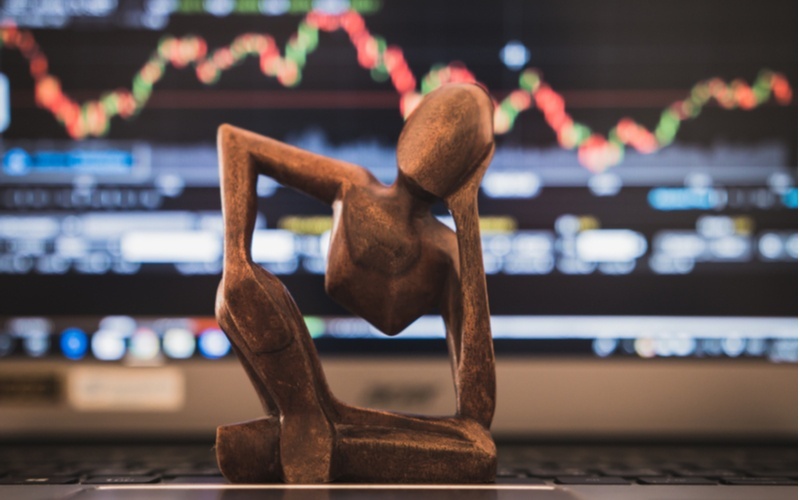
Traders are required to keep a cool head at all times and failure to do so or to be guided by your emotions or subjectivity when trading can bring with it devastating consequences. Here are some reasons why you need to stay emotionally objective and when to keep your emotions in check when trading on the stock market.
Photo creditl George Morina form Pexels
The potential for poor decision making
When it comes to poor decision making in trading this ultimately means, increasing your risk exposure. By nature stock market trading is risky but a good trader can manage those risks and minimize them successfully. By allowing yourself to make trading decisions that are governed by emotion you are removing the objective risk management protocols you might otherwise have been guided by.
For example, if you invest because ‘everybody else is’ or you have a personal inclination to a particular stock you are ignoring the basic rules of trading. You are no longer trading on stocks based on professional assessment or calculation of risk and you may have hedged your bets on stocks with poor potential.
It might not just be that the poor decision making leaves exposed to unnecessary risk. It could be that your emotional attachment to the trade has meant you are less willing to take risks where you might otherwise have. This will result in a loss of potential capital growth.
For example, you may be investing sums that have a personal attachment. Perhaps you are a trustee investing trust loans for your beneficiaries or you are trading capital with an emotional attachment and as a result, you feel the weight of the burden and become more risk-averse than you might ordinarily have been.
The stocks you choose to trade should always be a result of an objective professional judgment that you make all of your decisions by. No matter how tempting it might be, if the basic requirements you normally trade by are not met then don’t trade in it. Keep your trading requirements objective and trade all stock by those requirements to ensure the best possible gain and limit the potential risk.
Trading after a loss and it’s consequences
If you make a loss from trading, which does unfortunately happen try not to get involved in revenge trading. This is where you trade stocks to try and overcome a previous loss but more often than not the decisions are not always made on the best logic. It can also result in overtrading and you will find yourself spending more than you intended to. If you have made a loss keep calm and keep your head before re-trading. Keep that objective list to hand and remember to trade by it.
Don’t ignore the emotion you are feeling
Feeling an emotion is human nature. It is not something to be afraid of or embarrassed about. In fact in ignoring the emotion you are ignoring the feeling, whether it is fear, greed or even guilt and this can result in emotional trading. If you have recognized that you are feeling a particular emotion when it comes to a trade stop and acknowledge it. Give yourself time to assess what you are feeling and why. Then put together a plan with your next steps and how to avoid trading based on that emotion. Run your trade past your objective list and ensure it meets the criteria you set yourself to trade by.
This is a contributed post.


There are no comments to display.
Join the conversation
You can post now and register later. If you have an account, sign in now to post with your account.
Note: Your post will require moderator approval before it will be visible.